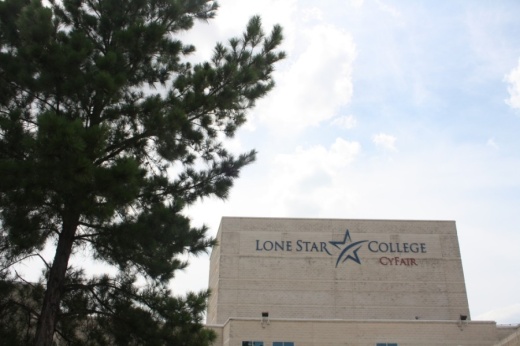Following a year of near-constant change, Lone Star College Chancellor Steve Head said the college is looking to maintain a level of flexibility as it prepares to begin its spring semester.
For the time being, Head said, LSC will be maintaining a hybrid model of offering 50% of its courses online, 25% in person for training and 25% a combination of remote and face-to-face.
“I think we are going to go into the fall with the same philosophy,” Head said. “With the hybrid [courses], faculty have the option of how many times they want to meet.”
Head said that as of Dec. 17, coronavirus concerns are still present for students and their families, but student enrollment is slightly up.
“We are up 10%, which is amazing,” Head said. “We have a month before the semester starts, so I will keep my fingers crossed through the break."
A major factor for how LSC is going to operate in 2021 is the distribution of the coronavirus vaccine. Head said he is currently unsure as to when the general student population will be able to receive it.
In the meantime, Head said, the college plans to continue expanding its online offerings for students and faculty. Prior to the beginning of the pandemic, LSC had around 35,000 students taking online courses.
“We are taking a very close look at what online looks like and expanding it,” Head said.
Along with expanding online offerings, LSC is looking to restart its law enforcement academy, add an esports management course and expand the number of available spots for its cybersecurity, nursing and energy, manufacturing and trades programs.
“We are adding more sections to it,” Head said. “We had 100 sections available, and we want to have 200 students all together next year.”
Head added the original plan had been to offer bachelor's degrees for up to 500 students in around five years, but throughout 2020, the program had over 1,000 applicants, and it is rapidly expanding.
The college is also looking at adding an emergency management program to its baccalaureate offerings, which could include EMTs, firefighting and police leadership for responding to natural disasters.
“We are optimistic and looking ahead,” Head said. “We can see beyond COVID; we are still going to be here.”





